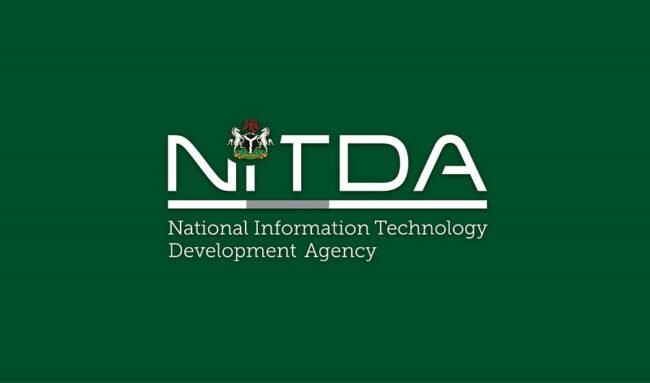Addressing Cybersecurity Challenges in Nigeria: Insights from NITDA
In an increasingly digital world, cybersecurity has emerged as a critical concern for nations around the globe. In Nigeria, the National Information Technology Development Agency (NITDA) has identified several significant barriers that hinder effective cybersecurity interventions. During a recent meeting with a delegation from the United Kingdom in Abuja, Dr. Ayodele Bakare, the deputy director of NITDA’s Cybersecurity Department, shed light on these challenges, emphasizing the need for a robust national cybersecurity infrastructure.
Outdated Frameworks and Policies
One of the primary issues highlighted by Dr. Bakare is the existence of outdated cybersecurity frameworks. While Nigeria has established several policies, including the Cybercrime Act of 2015 (recently amended in 2024) and the Nigerian Data Protection Act of 2023, their effectiveness in addressing contemporary threats is questionable. Bakare pointed out that many of these frameworks were developed years ago, long before the rise of sophisticated threats driven by Artificial Intelligence (AI). As cybercriminals evolve their tactics, it is imperative that Nigeria reassesses and updates its regulatory frameworks to ensure they remain relevant and effective.
The Need for Collaboration
Cybersecurity is inherently a borderless issue, necessitating both local and international collaboration. Dr. Bakare emphasized that emerging threats require strategic interventions that go beyond national borders. The meeting with the UK delegation was a step towards fostering international partnerships that can enhance Nigeria’s cybersecurity posture. By collaborating with other nations, Nigeria can share intelligence, best practices, and resources to combat the growing tide of cyber threats.
Raising Public Awareness
Despite ongoing efforts to raise public awareness about cybersecurity, many Nigerians remain vulnerable to cyber threats. Dr. Bakare shared a personal anecdote about nearly falling victim to a phishing attack, illustrating that even those in the cybersecurity field are not immune to such risks. He called for more interactive and engaging awareness campaigns to educate the public about modern cyber threats, such as device code phishing, which continue to proliferate. Increasing public knowledge is crucial in building a more resilient society against cybercrime.
Shortage of Skilled Professionals
Another significant challenge facing Nigeria’s cybersecurity landscape is the shortage of skilled professionals. With only about 8,300 cybersecurity experts available for a population of 220 million, the gap is glaring. Dr. Bakare stressed the urgent need to develop skills within the sector, advocating for platforms that can provide efficient training and reduce the costs associated with cybersecurity certification courses. Currently, Nigerians are spending between $2,000 to $5,000 for certifications, a financial burden that limits access to training for many aspiring professionals. Lowering these costs could significantly increase the number of qualified experts in the field.
Governance and Compliance
Governance, risk management, and compliance are critical components of a robust cybersecurity framework. Dr. Bakare expressed concerns about the adherence of government institutions to existing cybersecurity frameworks. To address this, NITDA is working on implementing an audit regime to ensure compliance and governance among various entities. This initiative aims to create a culture of accountability and responsibility in managing cybersecurity risks.
Enhancing Threat Intelligence
Finally, Dr. Bakare highlighted the need for more efficient threat intelligence platforms that can gather, analyze, and share information on cybersecurity threats. Effective threat intelligence is essential for proactive defense strategies, enabling organizations to anticipate and mitigate potential attacks before they occur. By investing in advanced threat intelligence capabilities, Nigeria can enhance its overall cybersecurity readiness.
Conclusion
As Nigeria navigates the complexities of cybersecurity in an ever-evolving digital landscape, addressing the identified barriers is crucial for building a resilient national cybersecurity infrastructure. By updating outdated frameworks, fostering international collaboration, raising public awareness, developing skilled professionals, ensuring compliance, and enhancing threat intelligence, Nigeria can better protect its citizens and institutions from the growing threat of cybercrime. The insights shared by Dr. Ayodele Bakare at the recent meeting serve as a call to action for all stakeholders to come together and strengthen the nation’s cybersecurity posture.


